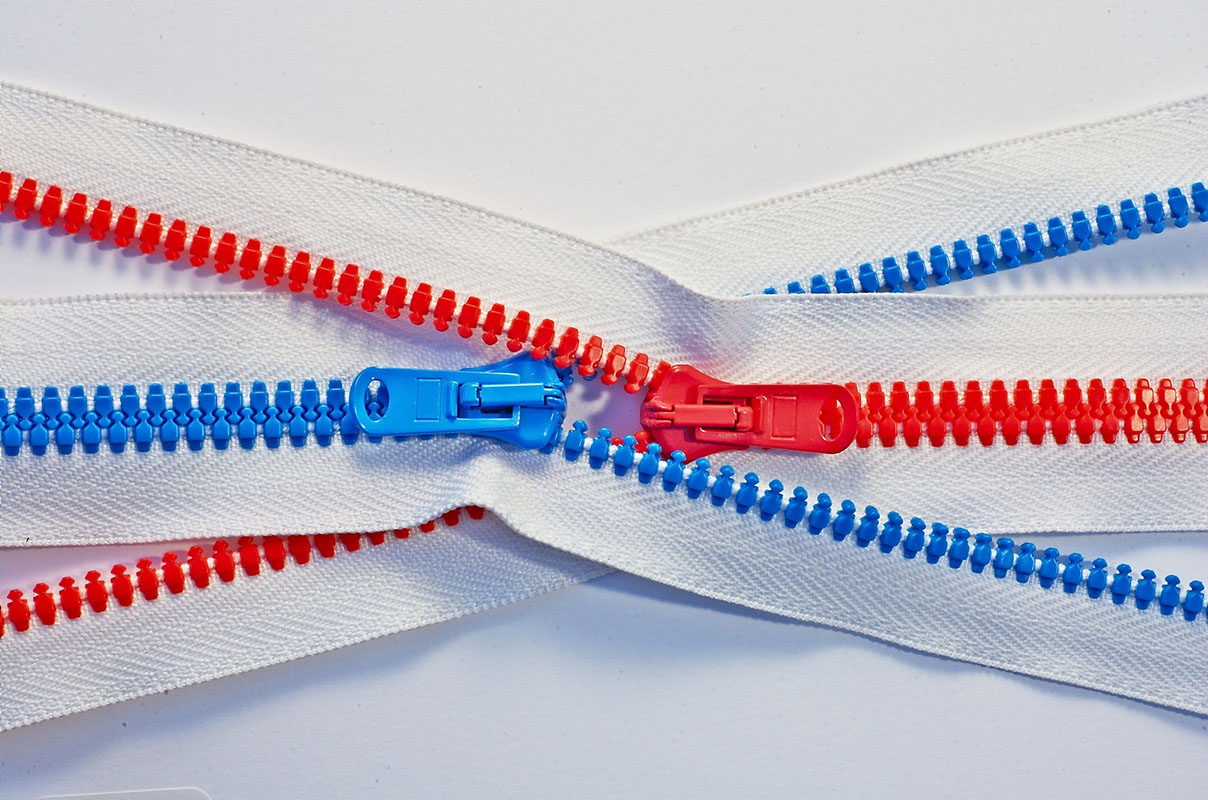How to Deal with Conflict and Codependency in a Relationship
Life is all about relationships. Our relationships matter. But it seems that everywhere we turn relationships contain conflict. So then what can we do? We have to accept that conflict will arise in any relationship over time – we cannot avoid it – and we need to be prepared for it. We must learn how to deal with it appropriately so that our relationships do not break down but are strengthened. However, if you are a codependent, there is nothing worse to imagine than conflict with someone you are connected to. In this article, therapist Teyhou Smyth looks at ways that conflict can be managed in relationships where codependency plays a part.
 We have all heard that conflict is inevitable in relationships. For couples who struggle with codependency, this simple phrase can stir up feelings of fear and apprehension. Relationship instability slices deep into old wounds and insecurities.
We have all heard that conflict is inevitable in relationships. For couples who struggle with codependency, this simple phrase can stir up feelings of fear and apprehension. Relationship instability slices deep into old wounds and insecurities.
The term ‘codependent’ has been around for a while, and was originally used to describe behaviours and emotions that manifest in families with substance abuse issues. Since then, the term has been expanded to describe any relationship in which one of the members feels responsible for the feelings and actions of another. This often means sacrificing their own needs and hiding feelings to keep the peace.
Sometimes codependent people placate their partner to avoid being abandoned. Someone who is codependent has a deep need to be needed; it is their primary source of purpose and meaning. On the surface, it may seem selfless and caring, but on a deeper level it is a disguise for a person who is hiding, who does not see their own value outside of people-pleasing.
The partner in a co-dependent relationship is often heavily reliant on their significant other and this feeds the cycle of neediness and clinging that defines the relationship. This lop-sided power differential makes for a painful relationship and can cause resentments to build over time. Conflicts in this type of relationship feel dangerous, since the tenuous supply of need and purpose feel threatened and those are defining features that weld the relationship together.
How to Survive Co-dependent Conflicts
Couples who recognise elements of co-dependency in their relationship can work together to untangle some of the dysfunctional patterns and manage conflict better. Ultimately the larger patterns of attitude and behaviour that makes the relationship co-dependent need to be addressed for real change to happen. This may be a long process, and help from a counsellor or therapist is a good idea, since it can be difficult to see our own behaviours and attitudes objectively. To get started with managing conflicts in a healthy way:
Consider your intentions vs behaviours:
Do you feel your actions, attitudes and behaviours reflect your true intent? Try to get in touch with your real intentions and emotions, aside from feeling the need to placate others.
Check your resentments:
If you have been accumulating negative feelings about your partner, this may spill over into your current conflict. It is easy to fall into the mental trap of hoarding resentments and using them when conflict arises. Try to stay focused on the situation at hand and express yourself from that circumstance only. Maybe you are seeing a pattern in your relationship, and that is likely a valid observation, but during a conflict, throwing in unrelated resentments does not help resolve the current issue.
Come from a place of empathy: It may be difficult to play devil’s advocate when you are dealing with a conflict, but try to see the situation entirely from your partner’s perspective; does the situation look any different from their angle? Ask them to do the same. Finding empathy for your partner during conflict is a powerful tool.
Explore empathy toward yourself: Often with co-dependency, putting a partner’s needs and feelings first is the norm. Remind yourself that your feelings are valid, and your needs are important. Recognise your right to feel and express emotions openly, to feel angry, sad, happy or any other emotion. Remind yourself that you are not put on this planet to solve the problems of others, and in trying to do so, you are taking away some of their innate problem-solving skills that can bolster their self-esteem and autonomy.
As scary as conflict can seem, it can lead to positive outcomes. Better communication and self-advocacy can emerge, as well as the opportunity to see your partner in a new way. Conflict does not necessarily mean horrible outcomes will occur; if both individuals agree to set healthy ground rules for conflict, it can be a force for healthy changes within your relationship.
[This blog post originally appeared on Teyhou’s website www.livingwithfinesse.com ~ some content may have been modified for the UK & Irish context.]
